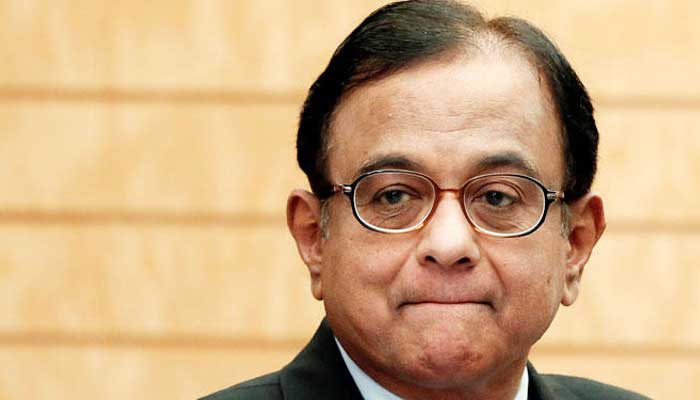
India’s senior Congress leader and former home minister P Chidambaram has slammed the Modi government’s lack of transparency in managing the Pahalgam attack and the subsequent Operation Sindoor.
In an interview with The Quint, Chidambaram raised concerns about the BJP-led government’s silence on important details, including the attackers’ identities and the progress of the NIA’s investigation.
He suggested that the government might be hiding tactical mistakes and casualties, accusing it of withholding important information from the public.
“Where are the terrorist attackers? Why have you not apprehended them, or even identified them? A news item had emerged about the arrest of a few people who gave the attackers shelter. What happened to them?” he asked, referring to the April 22 Pahalgam attack that killed 26 people.
Chidambaram also highlighted what he described as the absence of clear and official communication.
“We get snatches and bits of information from different officers. The Chief of Defence Staff (CDS) goes to Singapore and makes a statement that give you bits of information. The deputy army chief makes a statement in Mumbai. In Indonesia, a junior officer of the Navy makes a statement. But why is the PM or the defence minister, or the foreign minister not making a comprehensive statement?” he said.
When asked what he thought the government was attempting to conceal, Chidambaram replied: “I think, and this is speculation, I think they are hiding the fact that we made tactical mistakes (during Operation Sindoor), and we re-strategised…
The CDS gave a hint about it. What were the tactical errors? What changes were made to the strategy? Either the BJP government lacks the competence to answer these questions or it is deliberately avoiding them,” Chidambaram said.
He also raised concerns about the National Investigation Agency’s (NIA) involvement in the probe.
“They are unwilling to disclose what the NIA has done all these weeks. Have they identified the terrorists, where they came from? For all we know, they could be homegrown terrorists. Why do you assume that they came from Pakistan? There’s no evidence of that,” he said.
Chidambaram further added: “They are also hiding the losses. I said it in a column that in a war, losses will occur on both sides. I understand that India would have suffered losses. Be upfront.”
Earlier in April, the Indian central government, under Modi, reportedly admitted that a security failure played a role in the terror attack in Pahalgam, located in Indian Illegally Occupied Jammu and Kashmir (IIOJK), which resulted in the deaths of 26 people, most of them tourists.
The conflict
In May this year, Pakistan and India engaged in the military confrontation triggered by April’s Pahalgam attack in IIOJK.
In response to the Indian aggression, Pakistan’s armed forces launched a large-scale retaliatory military action, named “Operation Bunyan-um-Marsoos”, and targeted several Indian military targets across multiple regions.
Pakistan downed its six fighter jets, including three Rafales, and dozens of drones. After at least 87 hours, the war between the two nuclear-armed nations ended on May 10 with a ceasefire agreement brokered by the US.
The ceasefire was first announced by US President Donald Trump on social media after Washington held talks with both sides, but India has differed with Trump’s claims that it resulted from his intervention and threats to sever trade talks.
However, Pakistan has acknowledged Trump’s efforts and formally recommended him for the 2026 Nobel Peace Prize, citing his role in defusing tensions between Pakistan and India last month.







